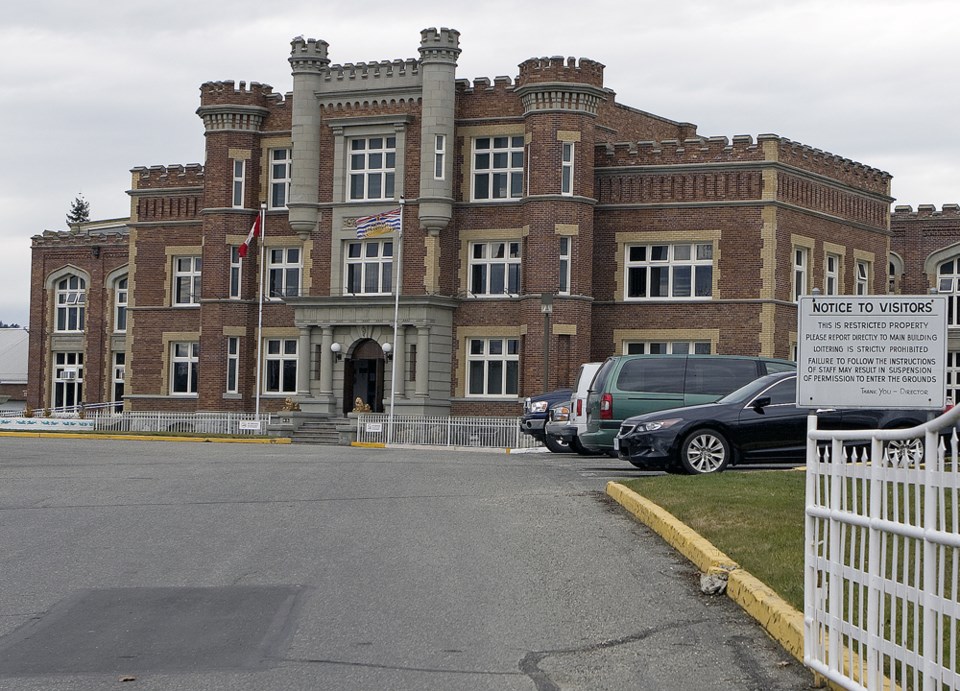In the past month, Victoria criminal lawyer Mike Munro has been besieged by calls from clients at the Vancouver Island Regional Correctional Centre who want to get bail as quickly as possible.
“They’re worried,” Munro said. “There’s no question they are in a very, very difficult spot, much more so than serving regular time, whether pre- or post-sentence.”
The prevailing view of inmates at the Wilkinson Road jail is that everybody should be released because of the COVID-19 crisis, said Munro.
“That might not be the reality, but I think they are being encouraged by their peers that the judges are certainly taking the COVID-19 virus into account in their approach to things.”
Since the courts closed March 16, Munro has spent hours on the phone from his home office, reopening bail applications.
“Everyone at the jail wants a bail application. These are people who had a bail hearing and are asking Crown to reopen bail,” Munro said.
“The Crown is often agreeing to reopen the matter of bail where a person has been detained. And the B.C. Supreme Court can conduct a bail review 90 days after someone has been detained.”
The inmate population in B.C. has been reduced from 2,184 on March 15 to 1,742 on April 6.
B.C. Corrections — which says it is following the recommendations of the provincial health officer to help keep COVID-19 out of correctional centres — has granted offenders serving intermittent or weekend sentences temporary absences.
It is conducting risk assessments on non-violent sentenced offenders to see if they can be considered for early release. The inmate’s criminal history, length of sentence, community supports and the risk to public safety are considered during the assessments.
Only the courts can release people who have been detained on outstanding court matters.
Although Munro has not spoken to anyone official at the correctional centre, he said the institution appears to be taking proactive steps. “We now know they are sending people serving weekends away. And they certainly have the ability to parole people in terms of early release. They can expedite that process because of the current crisis. I know they are doing their best to keep their numbers down.”
There have been some sentencing hearings where the position of the Crown and court has been influenced significantly by the COVID-19 crisis, said Munro.
In some cases, an offender has been allowed to serve his sentence at home. Others might receive a reduced sentence as a result of the outbreak.
His clients are shut off from visits with their loved ones or lawyers.
“It’s almost like they’re all in segregation together,” said Munro. “They’re obviously worried and concerned about COVID coming into the jail because it spreads like wildfire.”
B.C. Corrections said anyone coming into custody has their temperature taken and is placed in isolation for 14 days before being moved to the general population.
Any inmate showing signs of illness is separated immediately from the population and not double-bunked.
Staff are also encouraging inmates to eat in their cells.
More than 20 inmates have tested positive for the illness at the Mission Institution, according to the Correctional Service of Canada. Four correctional officers at the prison have also tested positive.
It’s the highest number of positive tests among inmates at a national prison institution across the country. No other province has a combined total of more than 20.
— With The Canadian Press



